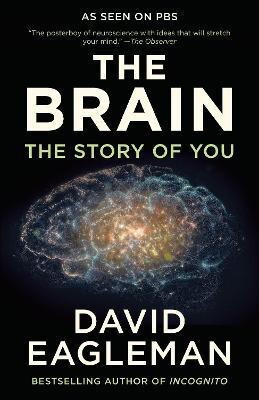
IGNOU BPYC 134 Western Philosophy: Modern | Guess Paper | Important Question Answer | Bachelor of Arts (BAG)Philosophy (Paperback, BMA Publication)
Share
IGNOU BPYC 134 Western Philosophy: Modern | Guess Paper | Important Question Answer | Bachelor of Arts (BAG)Philosophy (Paperback, BMA Publication)
Be the first to Review this product
Special price
₹250
₹399
37% off
Coupons for you
T&C
Available offers
T&C
Delivery
Check
Enter pincode
Delivery by13 May, Tuesday|Free
?
if ordered before 10:59 PM
View Details
Highlights
- Binding: Paperback
- Publisher: BMA Publication
- ISBN: 9787404255007
- Edition: Latest, 2024
- Pages: 80
Services
- Cash on Delivery available?
Seller
Description
Introduction to Modern Western Philosophy:
Understanding the historical and intellectual context of modern Western philosophy, including the Renaissance, the Scientific Revolution, and the Enlightenment.
Rationalism:
Studying rationalist philosophers such as René Descartes, Baruch Spinoza, and Gottfried Wilhelm Leibniz.
Exploring their rationalist epistemology, metaphysics, and theories of knowledge.
Empiricism:
Examining empiricist philosophers such as John Locke, George Berkeley, and David Hume.
Analyzing their empiricist epistemology, theories of perception, and skepticism.
British Empiricism:
Understanding the contributions of British empiricists, especially John Locke's theory of ideas, George Berkeley's idealism, and David Hume's critique of causality and induction.
German Idealism:
Exploring the philosophy of German idealists such as Immanuel Kant, Johann Gottlieb Fichte, Friedrich Schelling, and Georg Wilhelm Friedrich Hegel.
Analyzing Kant's transcendental idealism, Fichte's subjective idealism, Schelling's naturphilosophie, and Hegel's dialectical method.
Enlightenment Thought:
Understanding the ideas of Enlightenment philosophers such as Voltaire, Montesquieu, Rousseau, and Diderot.
Examining their contributions to political philosophy, social contract theory, and the critique of religious and political authority.
Read More
Specifications
Book Details
| Publication Year |
|
| Book Type |
|
| Exam |
|
| Number of Pages |
|
| Net Quantity |
|
School Books Details
| Subject |
|
University Books Details
| Stream |
|
| Degree/Diploma |
|
| Specialization |
|
| Subject |
|
Additional Features
| Age Group |
|
Dimensions
| Width |
|
| Height |
|
| Depth |
|
| Weight |
|
In The Box
|
Have doubts regarding this product?
Safe and Secure Payments.Easy returns.100% Authentic products.
Back to top




